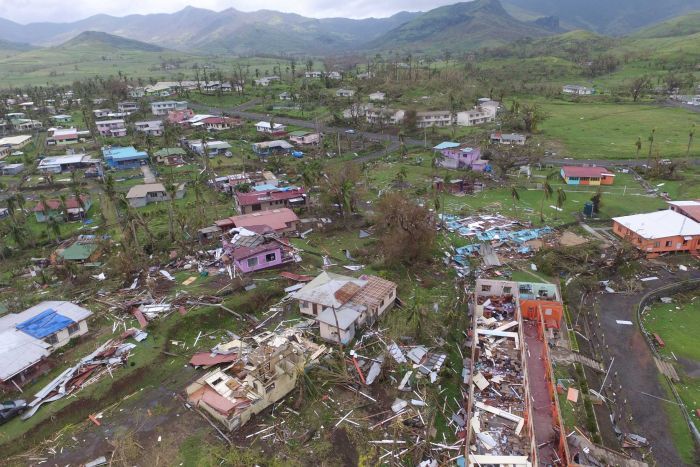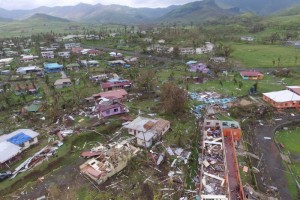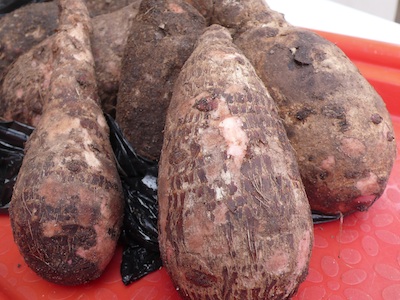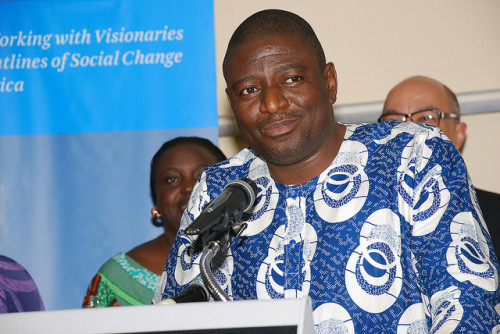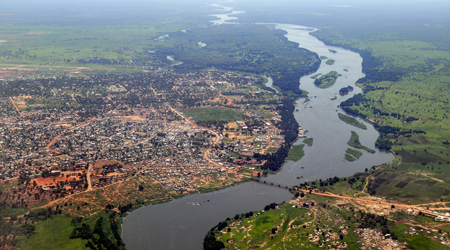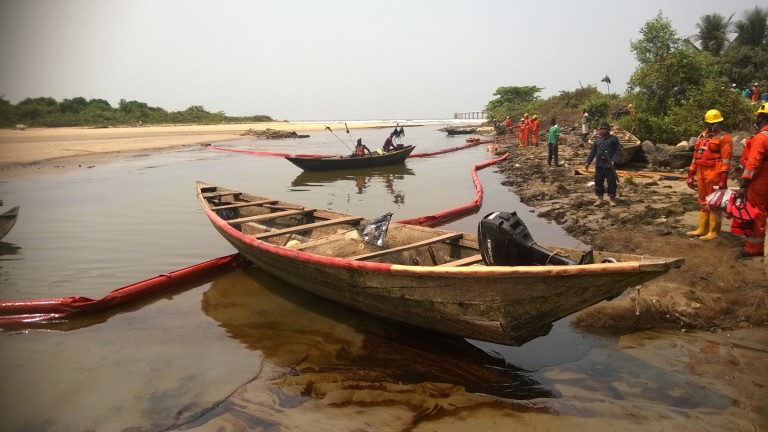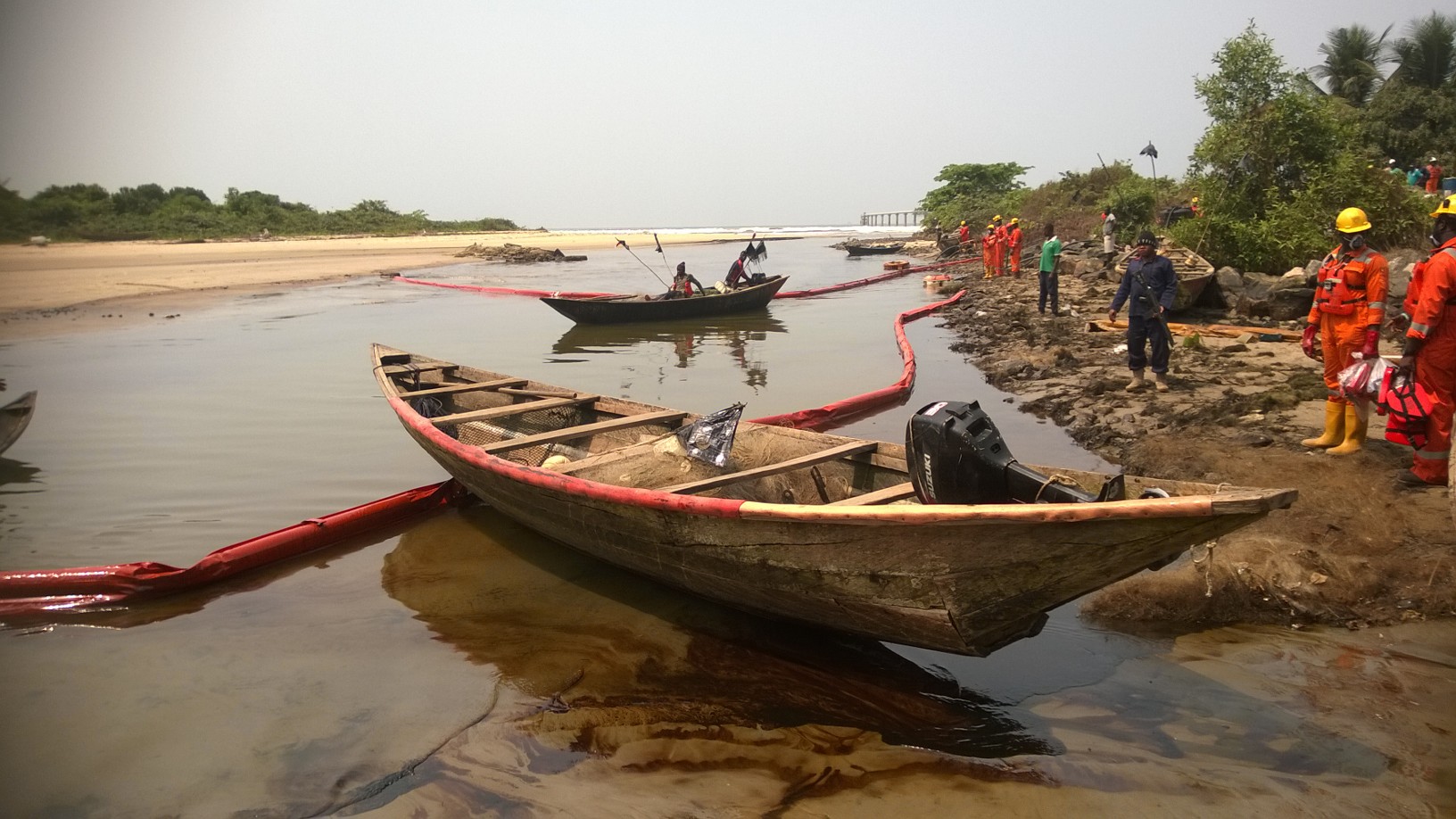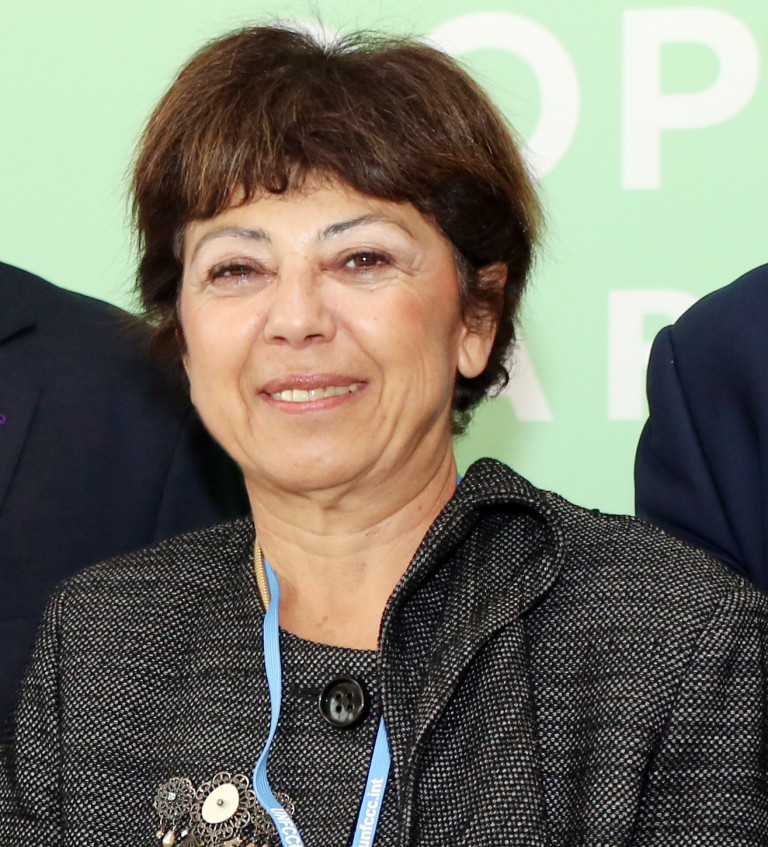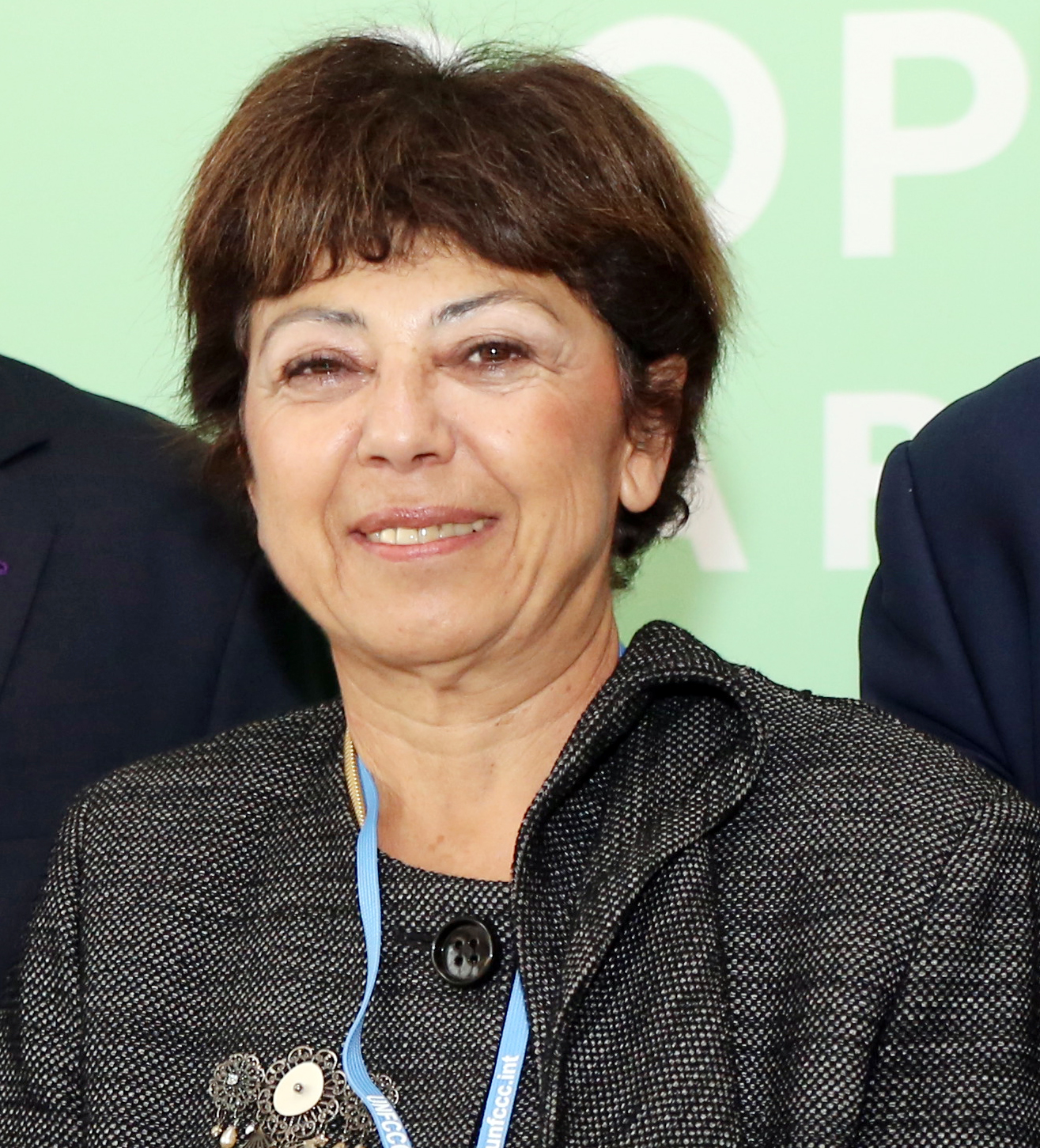Usually, it is the agitations of residents that give an indication of water shortage, scarcity or crisis. But when a nation’s legislature become the agitators unanimously, it is a signal that water has now become an urgent political matter.

It is a good sign that, the current water crisis that has hit portions of the country has alarmed and shaken the nation’s Parliamentarians to demand an explanation from the relevant institutions. It indicates that leaders are beginning to understand with greater depth and clarity the urgent need to pay attention to water.
The crisis has come just at the heels of the commendation Ghana received for having made significant progress in attaining the water targets of the now ended Millennium Development Goals (MDGs). In other words, Ghana was able to reduce by half the proportion of people without access to safe drinking water. The country’s attainment is pegged at 80 percent coverage.
While, ordinary citizens might be wondering what has gone wrong, water experts might not be puzzled by the unfolding events of water shortages or access to safe water in sections of the country.
They are aware of the fact that the country is well endowed with significant freshwater resources that could compare to current uses at that time and demands in the foreseeable future. They are also not ignorant that the amount of water available changes distinctly from season to season as well as from year to year. Moreover, the experts know that distribution of freshwater is not uniform, with the south western part of the country or the high forest zone being better water than the coastal and northern zones or savannah wood and grass lands.
The National Integrated Water Resources Management (IWRM) Plan prepared in December 2012, by a team of experts in consultation with representatives of the key stakeholders, warned that the nation’s water resources, “are at risk of depletion and degradation…”
According to the document, problems are emerging because of uncontrolled catchment degradation due to human activities such as poor agricultural practices especially farming along river banks coupled with population pressure, deforestation and surface mining, which all always affect surface water availability and quality.
Another major problem identified in the document include pressure from climate change and climate variability, which impact on the natural flow of water in river channels. The document notes that “Fresh water regimes have been modified resulting in shrinking of the resources, and affecting water supply and river transport.” Consequently, some areas experienced severe floods, with others drought.
A third key problem has to do with increasing population growth and urbanisation leading to increased demand on land, water and other natural resources, resulting in conflicting and competing water uses and pollution.
On Friday, February 26th, 2016 when Parliament convenes, top on the agenda is a statement to the House by the Minister of Water Resources, Works and Housing. The Minister and his key officials including the Executive Secretary of the Water Resources Commission will respond to queries regarding the current situation from the House.
It is certain that they will touch on the challenges such as weak enforcement of regulations; lack of regulations on dam safety and control of industrial effluent and sewerage outfalls and lack of adequate data on surface and ground water quantity and quality. They are also likely to mention the non-incorporation into sectorial water management strategies of climate change and climate variability impacts on water and other natural resources.
It will be prudent on the part of the Minister to also mention that unregulated activities in river basins leading to catchment degradation and poor water quality as well as inadequate systems for early warning and mitigation effects from floods and droughts are additional key challenges confronting the sector.
The Minister should be able to impress on the House that in the face of the increasing population and growing uses of freshwater vis-a-vis depletion of usable freshwater resources, water requires careful management and monitoring in its use and availability. The House will need to appreciate that the time has come to re-think the nation’s development priorities and institutions should be made to work.
As Parliamentarians spearheading national legislature formulation, they have the power to negotiate and resolve the current conflicts besetting the natural resources sector. Conflicts that could have been prevented if the there was a working National Land Use Policy in place. Such a policy would have identified practical land use options and provided guidelines for the competing land uses – agriculture, logging, mining and biodiversity conservation including integrated water resources management.
But the current water crisis in parts of the country is not an isolated case and happens to be one of the global scenarios. Scientists are even arguing that the current situation has arisen because “we’ve been significantly underestimating our water footprint.” New studies published in the Science journal estimates that “global water consumption has increased by nearly 20 percent,” adding, “we may have crossed an unsustainable threshold in our water use.”
It is against this background that UN Secretary General Ban Ki-moon convened an emergency panel of heads of states to prompt a political response to the world’s increasing scarcity of water. This was at the special session of the World Economic Forum’s annual meeting earlier this month during which a special Panel was formed to move global water actions forward.
The Secretary General stressed that “Water is a precious resource, crucial to realising the sustainable development goals, which at their heart aim to eradicate poverty.” He hoped, “the new panel can help motivate the action we need to turn ideas into reality,” and said “countries needed to take the lead on tackling the problem.”
The President of the World Bank Jim Yong Kim, who was at the event, said: “Achieving the global water goal would have multiple benefits, including laying the foundations for food and energy security, sustainable urbanisation, and ultimately climate security.”
He expected the panel to “accelerate action in many countries so that we can make water more accessible to all.”
By Ama Kudom-Agyemang (kudomagyemang@yahoo.com, kudomagyemanf@gmail.com)

